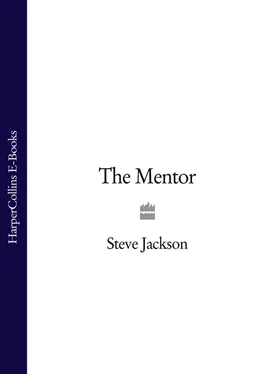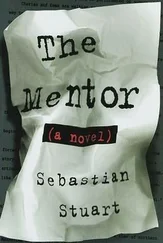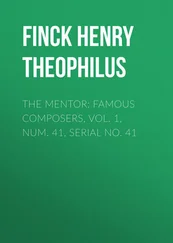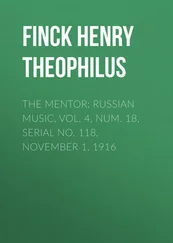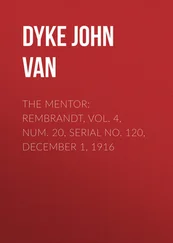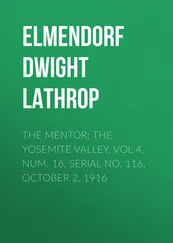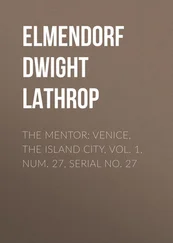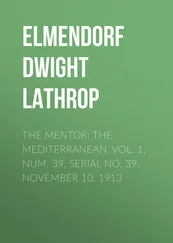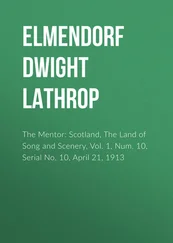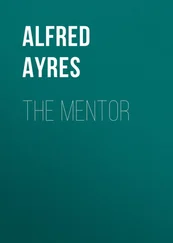And it wasn’t just Mac who was under pressure. They all were. The attacks had come from all angles. The media had crucified MI6, laying the blame for the tragedy squarely at the feet of The Chief, who’d promptly shared that blame around as best he could. Then there’d been the questions raised in the House of Commons, a hundred and one little questions which all amounted to one big question: how could MI6 allow this to happen again? To make matters worse, the PM had come out smelling of roses. He’d pulled out his smartest black tie, feigned the right amount of sympathy, made all the right noises, and the media had lapped it up. Overnight he’d become the public face of the country’s grief, and in doing so his approval rating had soared. There was nothing like a good disaster to get the public on your side. What the public failed to realise was that the Government was responsible for funding MI6, and year after year those budgets had been getting tighter and tighter. And maybe if MI6 had the funding they had asked for then all this could have been prevented.
‘Bastard,’ Mac said.
Aston wasn’t sure which particular ‘bastard’ Mac was referring to. The PM was a favourite candidate, but there were a number of likely suspects: MPs, reporters, colleagues at MI6. Over the last fortnight Mac had raged about all of them. The only person who’d escaped was Grant Kinclave, The Chief, and Aston guessed that’s because Mac and The Chief were best friends. They went back a long way, had both earned their stripes during the Cold War – probably had matching school ties hanging in their wardrobes.
Aston slipped into the chair on the tradesman’s side of the desk, flipped open the notepad, and waited to be spoken to. When Mac was in this sort of mood it was best to agree when called upon to agree, make the right face shapes as appropriate, but for the most part it was wise to just shut up.
The office was furnished with utilitarian precision and dominated by a neat, uncluttered desk: the in- and out-trays were always kept at a manageable level, and the desk tidy was stocked with sharpened pencils and pens that actually worked (one of Aston’s duties; God help him if his boss ever reached for a pencil and found it blunt). Fish swum merrily back and forth on the flat screen monitor. The only personal touch was a small framed photograph next to the door. It had been positioned so you could see it from the desk. The picture had perplexed Aston to start with, but when he finally placed it, it all made sense. Orson Welles had made his famous ‘cuckoo clock’ speech in front of this big wheel in The Third Man. Not that Aston thought the Orson Welles connection was relevant. No, the connection was that the wheel was in Vienna, and Mac had been head of station there during the early Nineties, a posting that was the highlight of his career. This had surprised Aston. He’d never had Mac pegged as the sentimental type.
Mac stopped pacing and turned to Aston, seeing him as if for the first time. ‘Guess what they’ve gone and done now?’
Aston said nothing and waited for Mac to continue. ‘They’ could be anyone. The Government, the media, terrorists.
‘They’ve only called for my resignation … again. Bastards!’
Well, that narrowed it down. This was political, which meant he was here for one reason. To sit and listen while Mac blew off some steam. Aston flipped the notepad closed and settled back, all ears. If Mac was venting in that particular direction, then at least he wasn’t here for a bollocking. All that could turn in a heartbeat, though; Mac was a man of changeable weather. And to think, when he’d been assigned to work for Mac he’d actually gone out and celebrated. Working for the legendary Robert Macintosh, what an honour. If only he’d known then what he knew now.
‘Of course, it isn’t going to happen,’ Mac said. ‘And do you know why it isn’t going to happen?’
Before Aston could say ‘no’, before he even had a chance to shake his head, Mac was off again.
‘Because they can’t get rid of me. It’d be like getting rid of the ravens at the Tower of London. I go and this whole fucking building will crumble to dust, mark my words.’
The devil on Aston’s shoulder suggested that now might be a good time to point out that MI6 was bigger than one single person, that it was an organisation, which by definition meant it existed by virtue of the combined efforts of all those people in London and around the world who worked for it. The angel on the other shoulder vetoed this on the grounds that his next staff appraisal was imminent and a black mark from Mac wouldn’t do his promotion prospects any good. Promotion prospects, that was a laugh! If Mac had his way he’d have him working in servitude for the rest of his days. Face it, he was here for life.
‘Who the hell do they think they are? What do they know about the intelligence game? Absolutely fuck all, that’s what.’ Mac took a deep breath. Calm, calm, calm. Then he grinned the sort of grin that could charm the pants off a nun. The grin became a good-humoured laugh, the sunshine after the rain. ‘Storm in a teacup is what it is. By tomorrow they’ll be looking for someone else’s bollocks to nail to the wall. Okay, Aston, what’s new? Go on, impress me.’
Aston felt his heart sink and his stomach rise to meet it. Whatever he said next, it wouldn’t be impressive. How many different ways could you say you didn’t know shit?
The Farriers was buzzing, the after work commuter crowd twisting each other’s arms to have one more for the road. Nobody needed much persuading. Aston pushed between two stockbrokers – the bright red braces and loud ties were a dead giveaway – and waved a tenner to catch the barmaid’s eye. She was a pretty little thing in her early twenties, wearing a black thong that peeked out from the top of her hipster jeans, and a Little Miss Mischief T-shirt that stuck to her body like a second skin. She finished dealing with a businessman who had the shiny skin of one facelift too many, and an indecent amount of gold dripping from his hands and wrists. Aston waved frantically and she made her way over.
‘What can I get you?’ The accent was East European. Hungarian or Slovakian. Another ‘language’ student over here looking for her golden ticket. Aston didn’t blame her. The collapse of the Soviet Union had created a clusterfuck that would take decades to sort out … if it ever got sorted out. He ordered two JDs and coke and squeezed out from the bar.
Two neatly dressed middle-aged women at a table near one of the windows were finishing their drinks. Aston sidled up, ready to pounce. Their clothes were designer, and it wouldn’t have surprised him if each outfit was worth more than his entire wardrobe. Laura had tried to educate him on the difference between Prada and Gucci, but he didn’t get it (and had no particular desire to, either; you’d have to be out of your mind to spend a couple of grand on a dress just because it had a fancy name on the label). Still, these two obviously knew the difference. The women placed their wine glasses back on the table, stuffed their Marlboro Lights into tiny handbags that were no doubt worth their weight in platinum. As soon as they got up Aston was in there, just ahead of the stockbrokers. He raised his glass, flashed them a better-luck-next-time smile. The stockbrokers shrugged and went off to lean against the jukebox.
His mobile vibrated. Two sharp buzzes. Probably George replying to his whr th fck RU?text. He pulled it out, flipped it open:
soz hon gotta wrk L8:(
CU in abt an hr
lol george xx
No surprises there; they were both working stupid hours at the moment. It had been touch and go whether he’d get away, but Mac had left early tonight and he’d made the most of the opportunity. Aston settled into his chair and took a long pull on his drink. He could think of worse places to waste an hour. The Farriers was just off Soho, one of their favourite haunts. There was something elegantly shabby about the place. Wonky floors and squiffy right angles; the worn wood surfaces preserved with a couple of centuries’ worth of beer, tobacco and dirt that mingled into an aroma that was warm and comforting. George had once described The Farriers as ‘well matured’, and Aston thought that pretty much covered it.
Читать дальше
